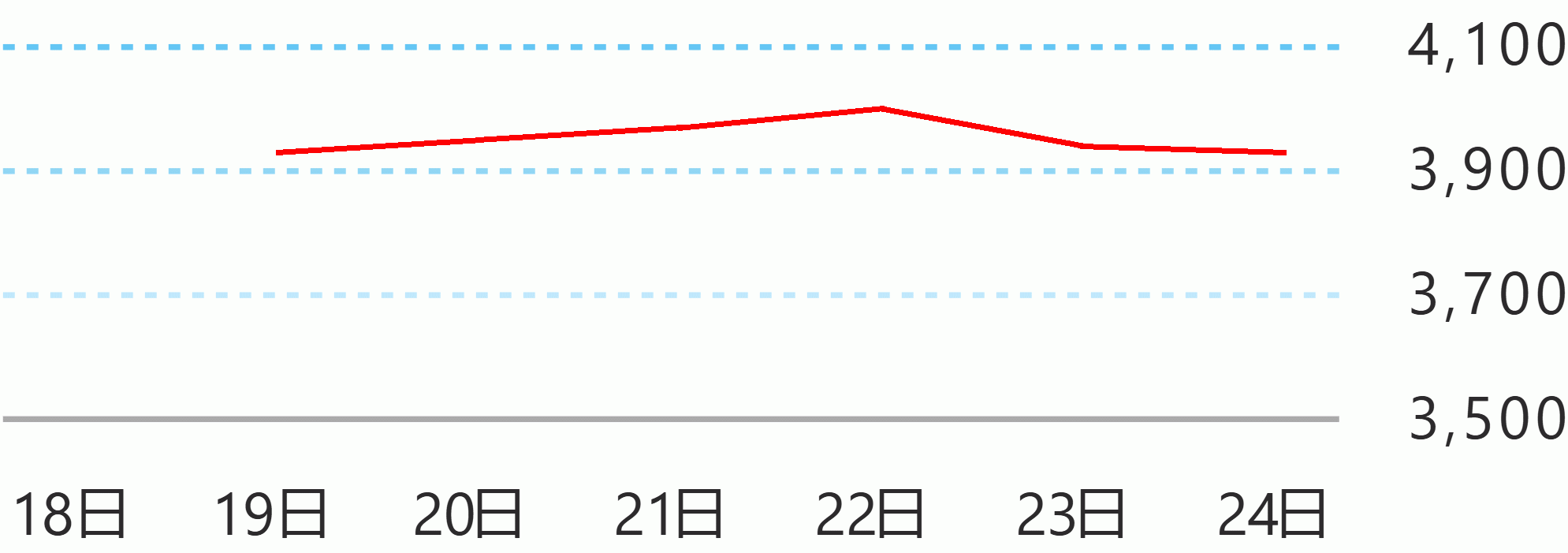President Ferdinand Marcos Jr. called on lawmakers to help the government in addressing malnutrition by developing policies that will improve the "standard of primary health care and nutrition" in the country.
"Let me also take this opportunity to enjoin our lawmakers for their assistance in this endeavor by helping us develop and enshrine into law policies that will help eradicate malnutrition and uplift the standards of primary health care and nutrition in the Philippines," Marcos said as he led the launching of the Philippine Multisectoral Nutrition Project in Manila on Wednesday morning.
Marcos said this major nutrition project is a strategic intervention by the government, which adopts a “multi-sectoral community participatory approach”.
"It is important because such an approach is seen to be the effective method to deal with this multi-faceted problem, the benefits from which we will feel all the way from the very top of our society down to the grassroots-level," he said.
"The project joins together the DOH, the DSWD, the DA, the National Nutrition Council (NNC), the DOST-Food and Nutrition Research Institute (DOST-FNRI), and very importantly, it involves our Local Government Units from Luzon all the way to the Bangsamoro Autonomous Region," he added.
Marcos also stressed that "according to the World Bank, investing in nutrition promises highest returns, making it one of the best value-for-money development actions. Hence, we must be serious in its pursuit, in the same way that we do our other Administration priorities."
"This program will involve and improve the lot of our people across the board, especially those who we put in the poor and marginalized category. It is also our hope that, through this project, not only LGUs but all Filipino families will emerge more informed and capacitated in the area of good nutritional practices," he said.
"Ultimately, in the long-term, we shall see our economy being driven by Filipinos with “Better Bodies, Better Minds”, fully equipped and ever-ready for the challenges of the present and the future. Moreover, as the saying goes, an ounce of prevention is better than a pound of cure. Our good nutrition program will level off with our thrust towards a Universal Health Care Program for all Filipinos," he added.
To further address malnutrition in the country, Marcos also urged "the Department of Health to work in unison with other concerned government agencies in harmonizing and effecting sound diet and nutritional policies and practices for our people".
"We must continue to exert our best efforts to ensure a well-orchestrated and coordinated strategy to implement not only the PMNP but all related nutritional programs throughout the country, so as to be able to get a maximum effect for all our efforts," he said.
Marcos also assured that his "administration is working conscientiously to find effective and cross-cutting solutions to address these and other paramount social problems and concerns", "as the country continues to face persistent threats of hunger and malnutrition".
In her speech, Health Undersecretary Ma. Rosario Vergeire said "last year the Philippines was 69 out of 121 countries in the global hunger index after garnering a score of 14.8.
"Although considered as having a moderate level of hunger we still face significant issues with indicators 29.5 percent of Filipino children under 5 are stunted. Our issues with nutrition go beyond access to food these are affected by an interplay of various factors such as health education, livelihood, social welfare and governance we are also aware of the intergenerational effect of malnutrition," she said. Robina Asido/DMS





 English
English










